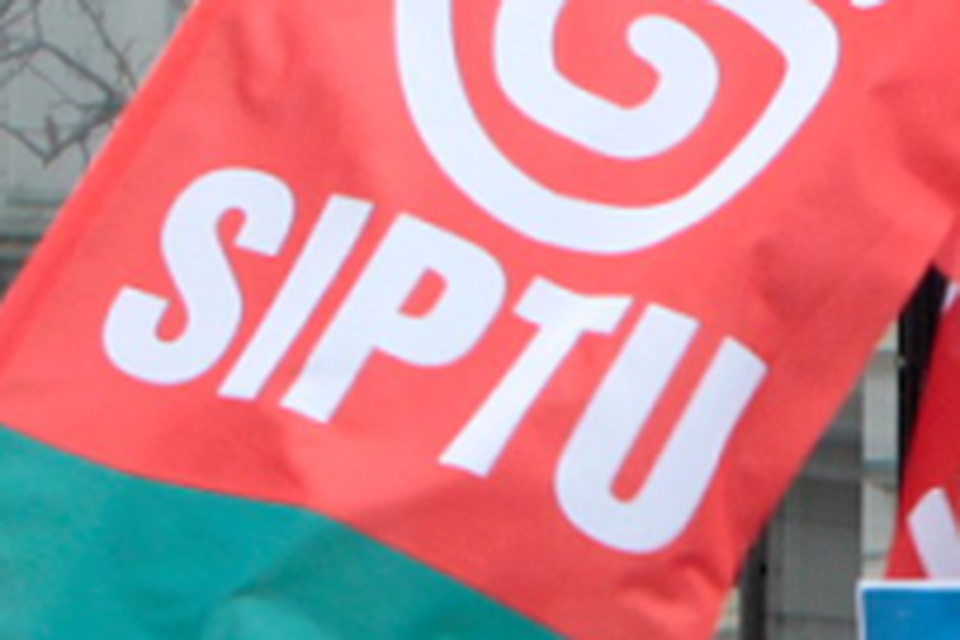Union will demand a 3.4pc rise for workers
Photo: Stock Image
The country's largest union is set to seek a 3.4pc private sector pay hike next year due to increases in the cost of living.
Siptu's deputy general secretary for the private sector, Gerry McCormack, said that although the exact figure hadn't yet been agreed on, it would be copper-fastened next month.
It was likely the 3.4pc or even "higher" bid could be put forward.
Mr McCormack said companies had "to take account of the housing and rent difficulties their workers are having".
"We are hearing crazy stories. When we are in a situation where workers can't afford rent or to get onto the property ladder, we absolutely have to look at a wage increase," he said.
"We also need to look at the childcare costs families are paying which is an average of €1,000 a month."
Meanwhile, the prospect of industrial action in schools over two-tier salary scales has moved a step closer after a second teachers' union rejected the €190m deal on pay equality in the public service.
The Association of Secondary Teachers Ireland (ASTI) has voted by 53pc-47pc against the proposals.
There was a 58pc turnout.
The ASTI result mirrors the outcome in the ballot by the Irish National Teachers' Organisation (INTO), while the other second-level teachers' union, the TUI, voted 53pc-47pc in favour.
It puts two of the teacher unions on a potential collision course with the Government, although any industrial action would result in pay penalties for all their members.
The INTO was committed to following its "no" vote with a ballot for action and is consulting its members in the lead up to that.
The ASTI's "no" vote does not tie it to a ballot on industrial action.
The next move is for its executive committee to consider the result.
But ASTI president Breda Lynch said that it was firmly committed to achieving equal pay for its lower-paid colleagues.
The pay deal offers an average €3,300 to 60,000 public servants recruited since 2011, but it has not brought full equality.
Along with the two teacher unions, the Irish Nurses and Midwives Organisation voted against the proposals and is balloting members on industrial action, while the result of the Psychiatric Nurses Association ballot is awaited.
Join the Irish Independent WhatsApp channel
Stay up to date with all the latest news















